Think back. When you were growing up, in your faith formation, did you get the idea that somehow you had to behave yourself in order to win God’s love and grace? I think that’s a common thing that people come to after a life of somewhat inadequate faith formation. We got the idea that, if we wanted God to love us, then we had to behave in the right ways and follow all the rules. And some of that comes from our human experience. Many people often consume their lives with trying to win the approval of others, and so God is just an extension of that. But we have it all backwards: God is not like that, and that’s what today’s Liturgy of the Word is trying to tell us. The Scriptures show us a God who loves us first, and then calls on us to respond to God’s love by living the right way. Our entire lives should be all about responding in love to the love God has for all of us.
The first reading today recalls how God led the people Israel through the desert for forty years, bringing them safely to the land he promised on oath to their ancestors. Traditionally this has been viewed literally, but there is also a tradition that sees the whole rescue of the Hebrew people from the tyranny of Egypt allegorically. Many of the Church fathers see the rescue as our own rescue from the tyranny and slavery of sin, through the wilderness of the world, into the safe haven of God’s promise. So whether we want to read this first reading literally today, or whether we want to see it as our delivery from sin, in either case, we see the Lord’s providence and kindness poured out on his people, delivering them from danger and bringing them safely into a land that had always been promised to them.
For our second reading these coming weeks, we will be reading from Saint Paul’s letter to the Romans, arguably one of the masterpieces of his, or anyone else’s, theological writing. Today’s reading is somewhat the crux of his presentation in Romans: God in his mercy chose to save us even though we were not worthy of it: we were still sinners. We had been enemies of God through the power sin and death had over us, but God in his goodness chose to redeem us anyway. Having been reconciled, he now chooses in his kindness to save us from the power of death and bring us in to the grace and peace of his kingdom for all eternity. This is all done through the grace and kindness of our God, who chooses to save us even though we are not remotely worthy of it on our own.
The Gospel reading, though, presents us with the greatest personification of God’s kindness. Throughout chapter nine of Matthew’s Gospel, we see the crowds hanging on Jesus’ words and deeds. In this chapter, Jesus heals a paralytic, he calls Matthew – a tax collector and a sinner – to follow him, he raises the daughter of a local government official from the dead, he heals two blind men, and expels a demon. The crowds were understandably entranced by his words and deeds, and Jesus can see that they are entranced because they had so long gone without any kind of adequate pastoral care. The religious officials who should have been bringing them the good news of God’s kindness had instead been about the business of extracting the minutiae of the Law and filling their own coffers. They had left the people abandoned of God, like sheep without a shepherd, and Jesus’ heart ached for them. So in his kindness, he sends out the Twelve to continue his work and to call more and more people to come to know that the kingdom was at hand, and repentance would give them a place in that kingdom.
So these readings have been a great rehearsal of the kindness of God as the Scriptures present it. God created us in love, redeemed us from the grasp of sin and death, and gives us a place in his heavenly kingdom – all of this without our being worthy of any of it. And that’s nice, but the Scriptures would be remiss if they stopped there. Instead, they go on to prescribe the proper response to God’s love and kindness, and each of today’s readings give us a way to do that. These readings call us to keep the covenant, to boast of God and to freely give.
In the first reading, God makes the first move in favor of establishing a covenant. He didn’t have to – clearly. He had made us in love, but we had turned away from him, and not just once. Yet, he was the one who sent Moses to lead the people out of the slavery of Egypt so that they could inherit the land he promised on oath to their ancestors. If God has reached out that far to us, we can do no less than keep the covenant. We have to live the life of grace: keep the commandments, love God and neighbor, show God’s love in everything we do. We have to reach out to the marginalized and needy, just as God reached out to us in our own need. “If you hearken to my voice and keep my covenant,” God says to the Israelites and to us, “you shall be my special possession, dearer to me than all other people.”
In the second reading, Saint Paul echoes what the first reading says. God has made the first move. He reconciled us while we were still sinners. He gave us the way to the kingdom. We didn’t deserve it, but our sinfulness is no match for God’s mercy. So if God has been so merciful, we need to boast about it. And we’re not to boast about it as if it was something we earned or accomplished on our own; we are to “boast of God, through our Lord Jesus Christ, through whom we have now received reconciliation.”
And finally, in the Gospel, Jesus gives us the key to our response to God’s love, mercy and kindness: “Without cost you have received; without cost you are to give.” The gifts of grace are never given to us just for ourselves. They are given to us to share. Now that we have been redeemed and blessed, we must turn and bless others, leading them to the redemption God longs to pour out on them. We are to freely give of the rich store of grace that has been freely given to us.
God does not manipulate us for his pleasure. He does not demand that we behave perfectly in order to receive his kindness, grace, and love. Instead, he is the one who washes our feet, who stretches out his arms on the Cross, who dies that we may live. In the face of such great and perfect love, we can do no less than love in return.

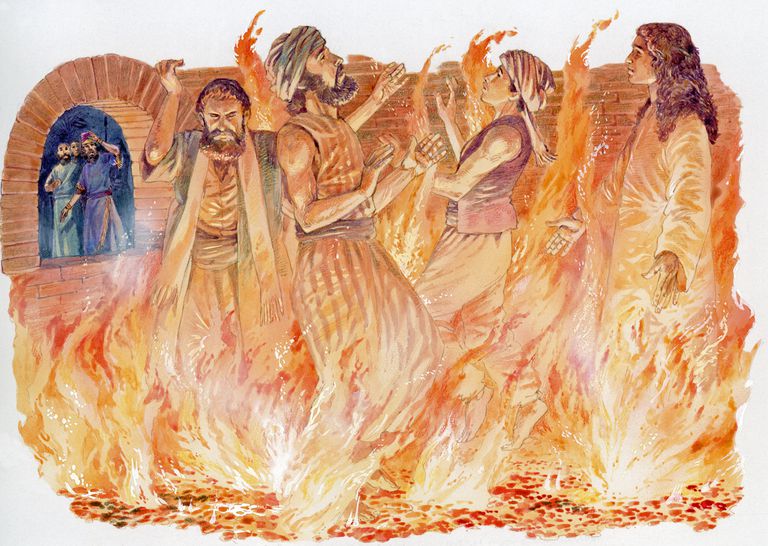
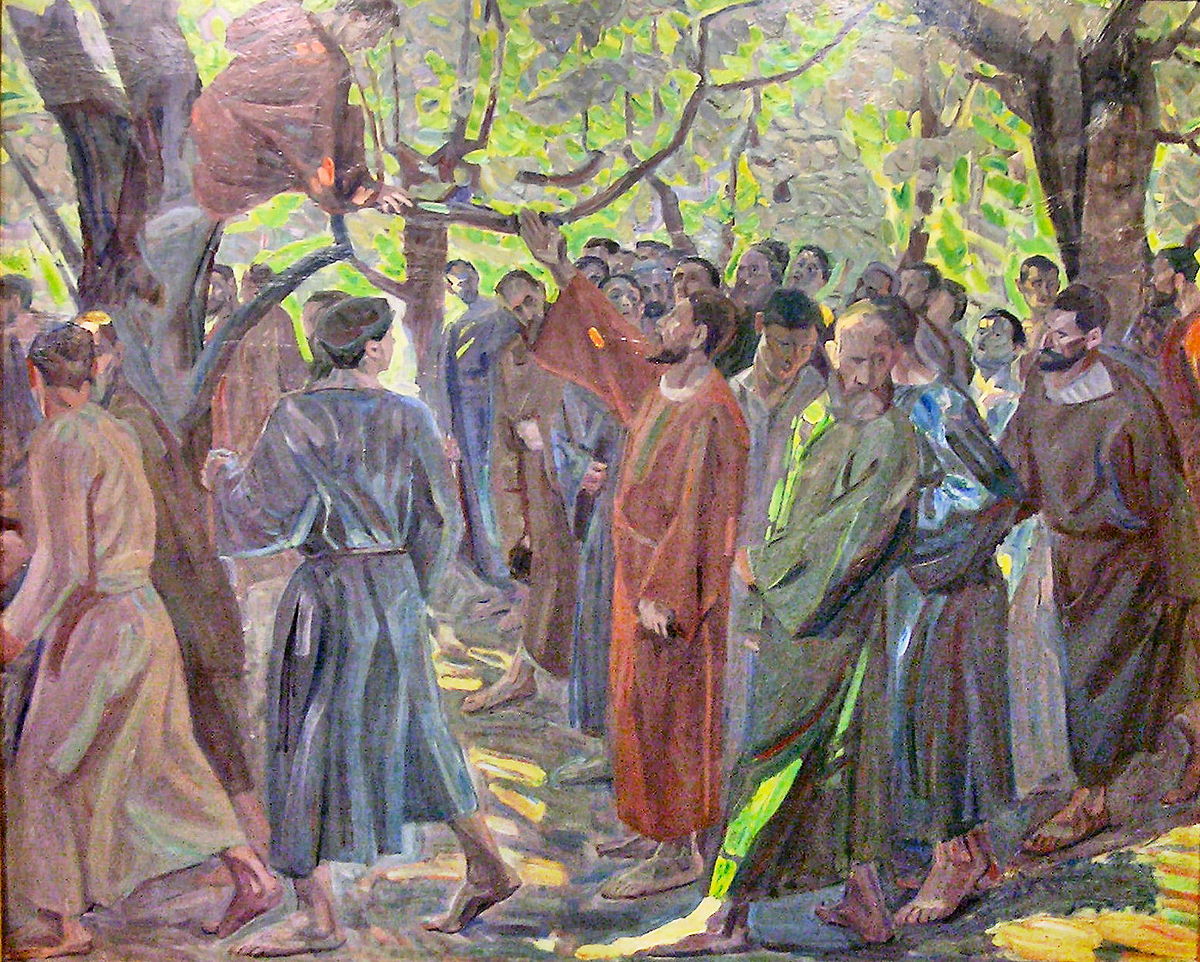
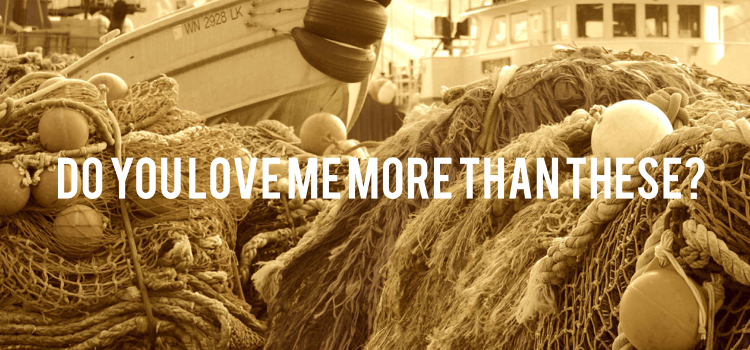

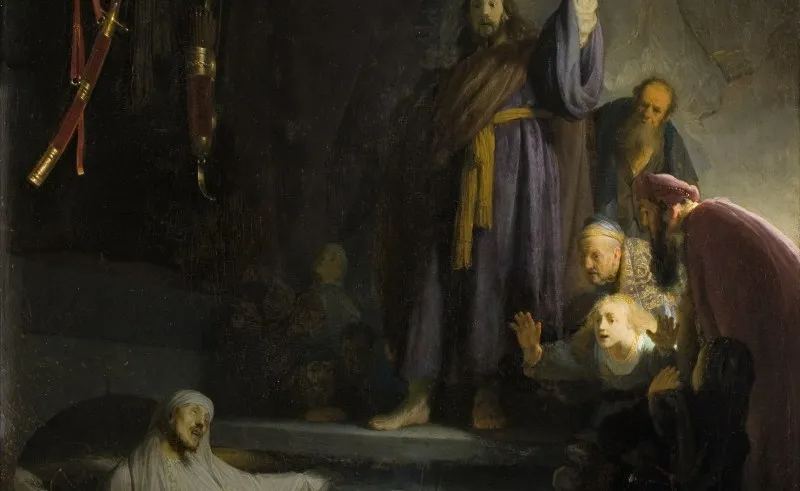
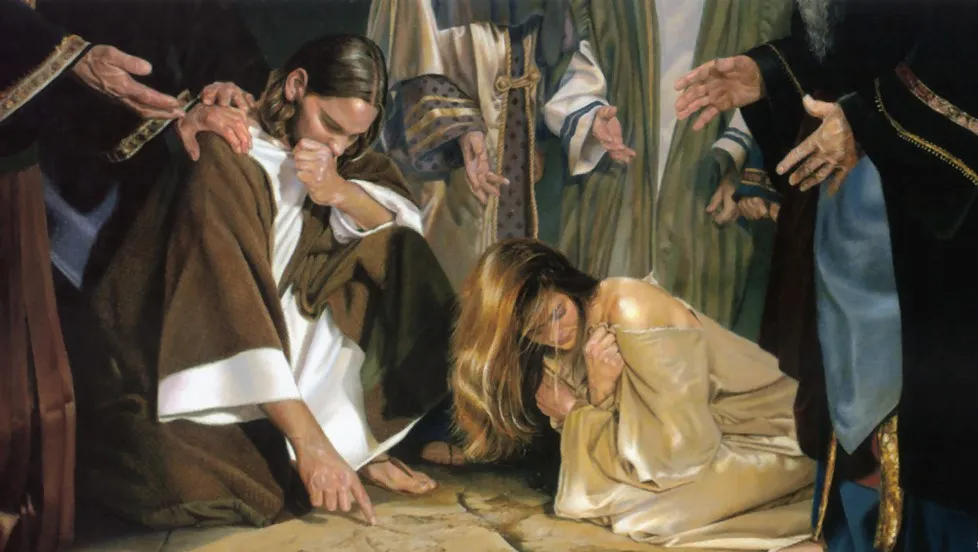
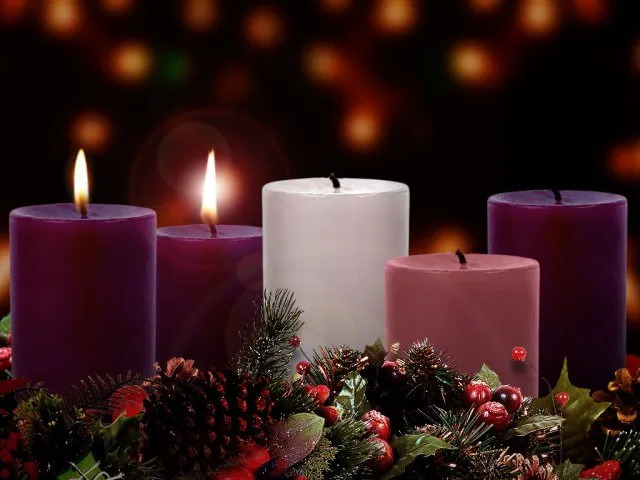


You must be logged in to post a comment.